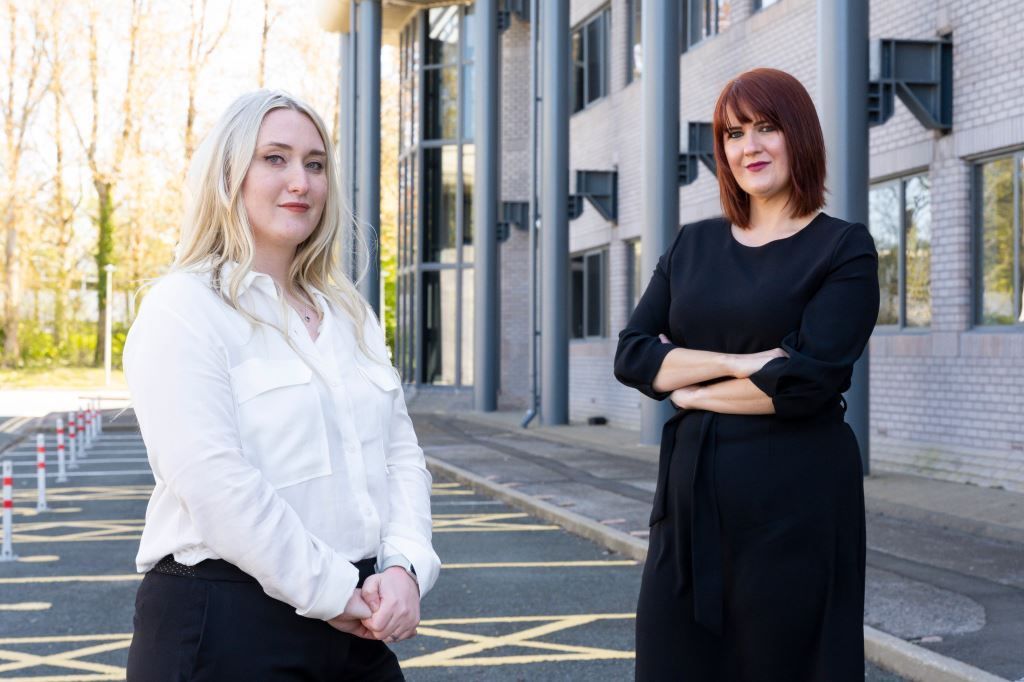Healthcare Tech jobs boost as work begins on critical care system for NHS Wales

Twenty-five new specialist IT jobs are being created as work begins on rolling out a national Critical Care Information System across NHS hospitals in Wales.
The jobs, 12 with Ascom and 13 with Digital Health & Care Wales (DHCW) are for a joint project team to fulfil the biggest-ever single contract worldwide for Ascom, which operates in 15 countries.
Ascom’s Digistat clinical information system (CIS) will enable intensive care staff across Wales’ 14 standard adult critical care units to manage electronically many aspects of care. Previously, just three of Wales’ units used electronic systems from other suppliers, while the remainder used paper records. The new system will transform care digitally and give staff a single source of truth for patient information.
Among the new appointments to the project team are Nicola Duglan-John, a clinical consultant for Ascom based in Swansea, and Stephanie Mahoney, lead specialist for data standards at DHCW who lives in Briton Ferry.
Nicola, a nurse specialising in critical care, was born in England. Her parents moved back home to Wales when she was young. Her first nursing job was in the intensive therapy unit (ITU) at Swansea University Health Board, before she moved to agency nursing in Cardiff and Caernarvon.
She said: “I can’t wait to go back into the hospitals and help nurses learn how to use the Digistat system. As a nurse, you do your clinical work, then you are often staying behind for an hour to finish paperwork. It will be fantastic for ITU nurses to be able to document their work in real time on Digistat. Part of my job will be to understand how they work day-to-day, then relay that back to the Ascom team who are developing the system to meet their needs.”
Stephanie, who was born and brought up in Neath Port Talbot has a background in clinical coding, with 12 years’ experience under her belt. She is currently studying for a Master’s degree in health informatics at Swansea University. In her new position, she will be responsible for writing data standards to ensure the right information is recorded in the right place at the right time in the Digistat system.
She said “I’m looking forward to making data visible to help improve patient care. By collecting all this information electronically, we will be able to help improve healthcare planning, as well as looking at trends in patient outcomes to develop different treatments in intensive care.
“I am really impressed by the fact that Digistat can pull information together without duplication from a number of sources, including medical devices. It will save staff so much time as well as making patient care safer.”
Michelle Cook, project manager at DHCW said: “We are pleased to be working collaboratively with Ascom, and welcome the creation of new and specialised jobs in Wales that will have a positive impact on development of the new critical care system.”
Ascom UK managing director Paul Lawrence said: “We are very proud to have created so many highly specialised posts with Ascom, and our team is looking forward to partnering with DHCW to create the very best system possible for Wales’ critical care staff.”
The Ascom contract is for seven years with the option to extend for a further three years and includes the end-to-end implementation of Digistat through a managed service contract. The technology will begin rolling out at The Grange University Hospital later this year, followed by a phased rollout to other units until 2023. Around 10,000 people were admitted to Wales’ 198 intensive care beds in 2019.
PHOTO CAPTION: (L-R) Nicola Duglan-John and Stephanie Mahoney




